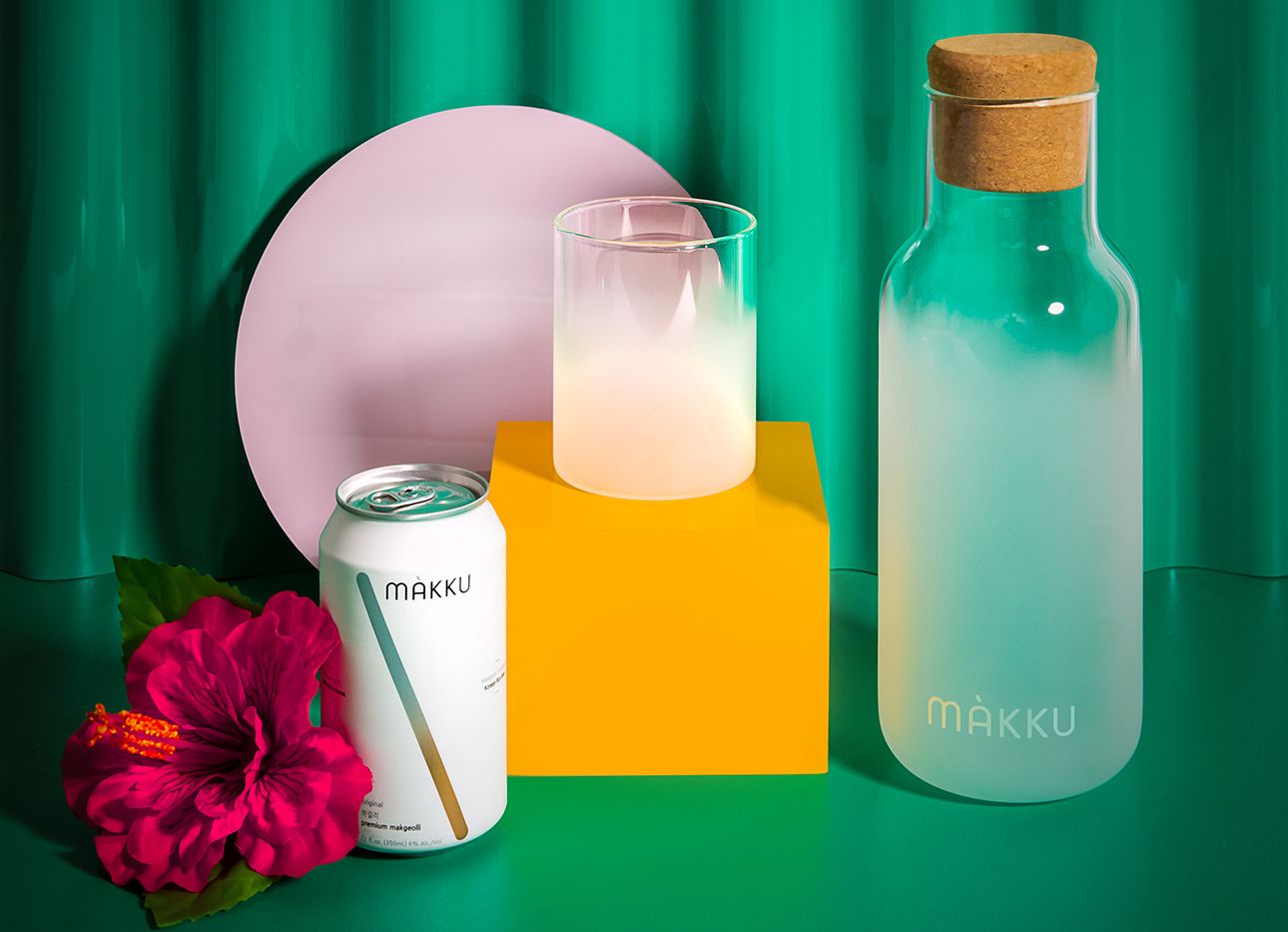
Makgeolli Gets a Hip Millennial Update
South Korean cinema has been on everyone’s lips this week, in the afterglow of director Bong Joon-ho’s triumphant Oscars sweep for Parasite, the grand finale to a months-long award spree that began with a Palme d’Or win at the Cannes Film Festival last year. Set in Seoul, the timely and genre-bending social satire of class warfare took home four Oscars this past Sunday—making history in more ways than one. By his second acceptance speech, Bong, whose reactions were being duly memed, was ready to hit the bar. His exact words: “I’m ready to drink now, until the morning.” A total mood.
May we propose, in a festive toast to the winning auteur: a round of makgeolli, a sparkling rice wine that’s as ubiquitous as beer in Korean culture, and just as easy to down. Slightly cloudy with a gently sweet, creamy taste and soft, effervescent mouthfeel, the traditional everyman’s drink dates back to the 10th century, though these days, you’re most likely to see it sold in plastic bottles at grocery stores, with fruity flavors like peach and mango; in casual pubs and restaurants, makgeolli is often served chilled in an aluminum kettle, with bowls to share.
As Korean cuisine, too, finds a larger footing with an international fanbase in recent years, the old-school “farmer’s liquor” has recently received a hip update by an enterprising millennial. We’re currently sipping on Makku, launched last year by Carol Pak, who became smitten with the drink on a visit to South Korea, discovering its history and many varieties reflecting the country’s terroir. Makku offers an all-natural, craft-beer take with three flavors—original, blueberry, and mango—that, of course, comes in a fetching, Insta-ready can (designed by Joe Doucet). Geonbae!